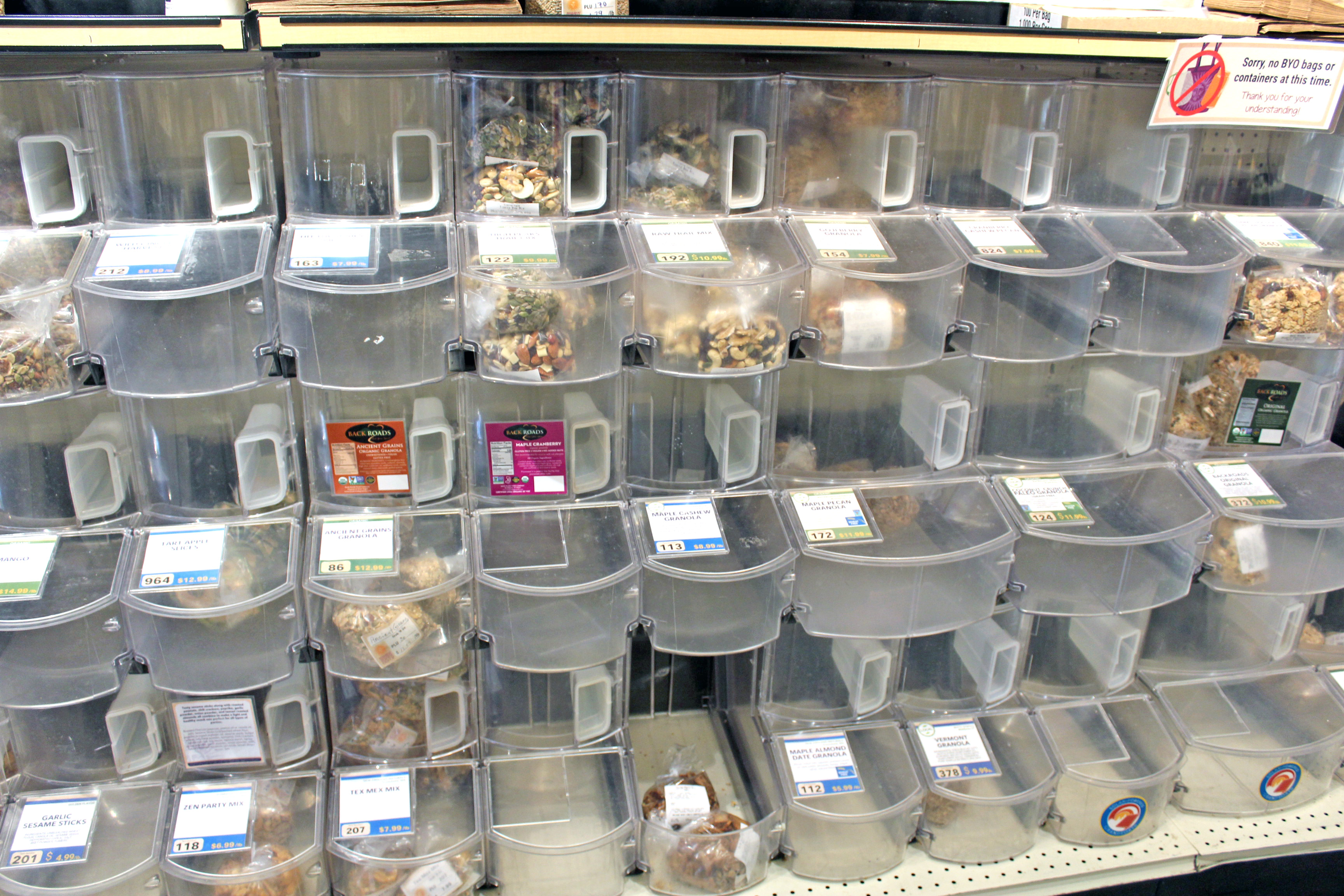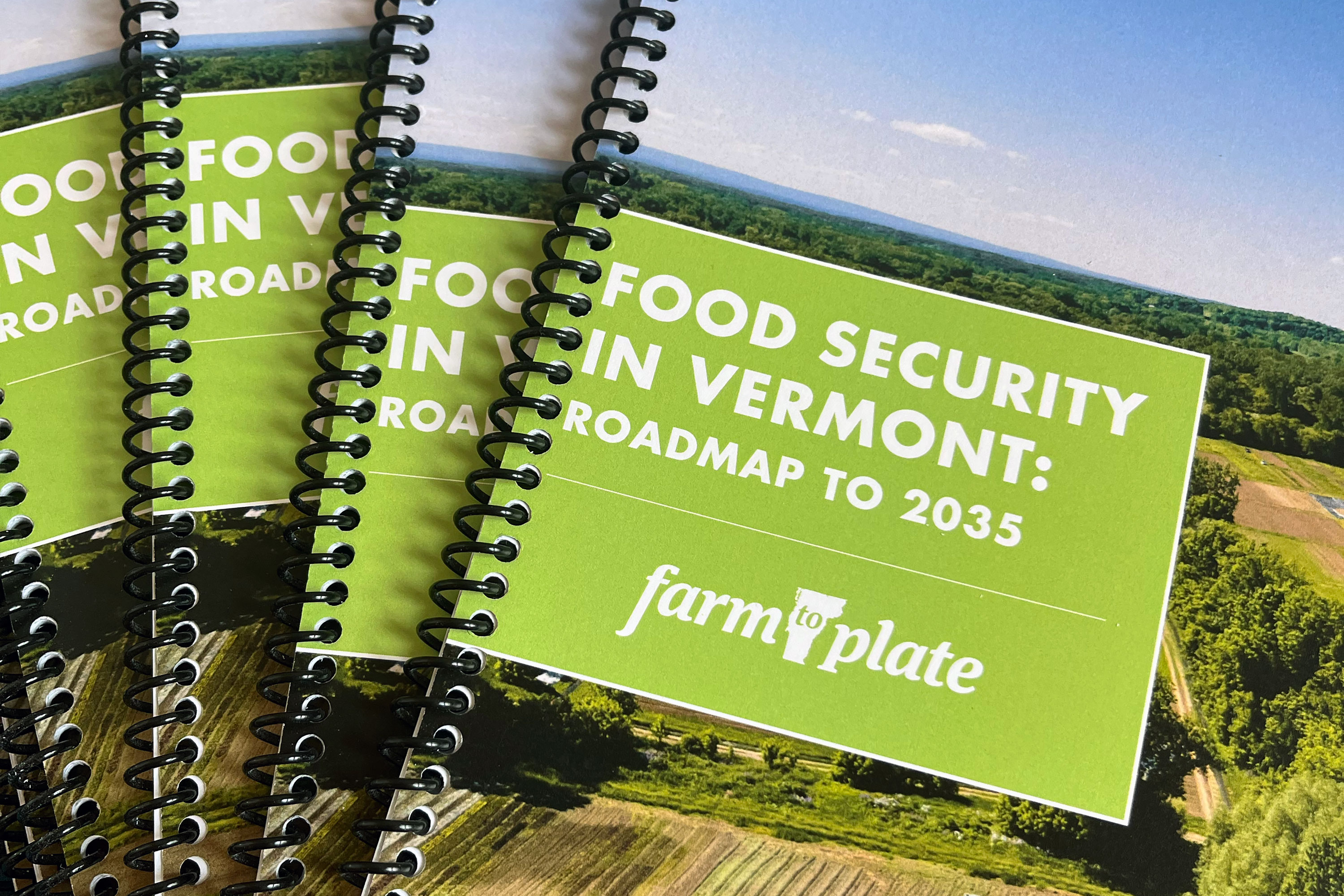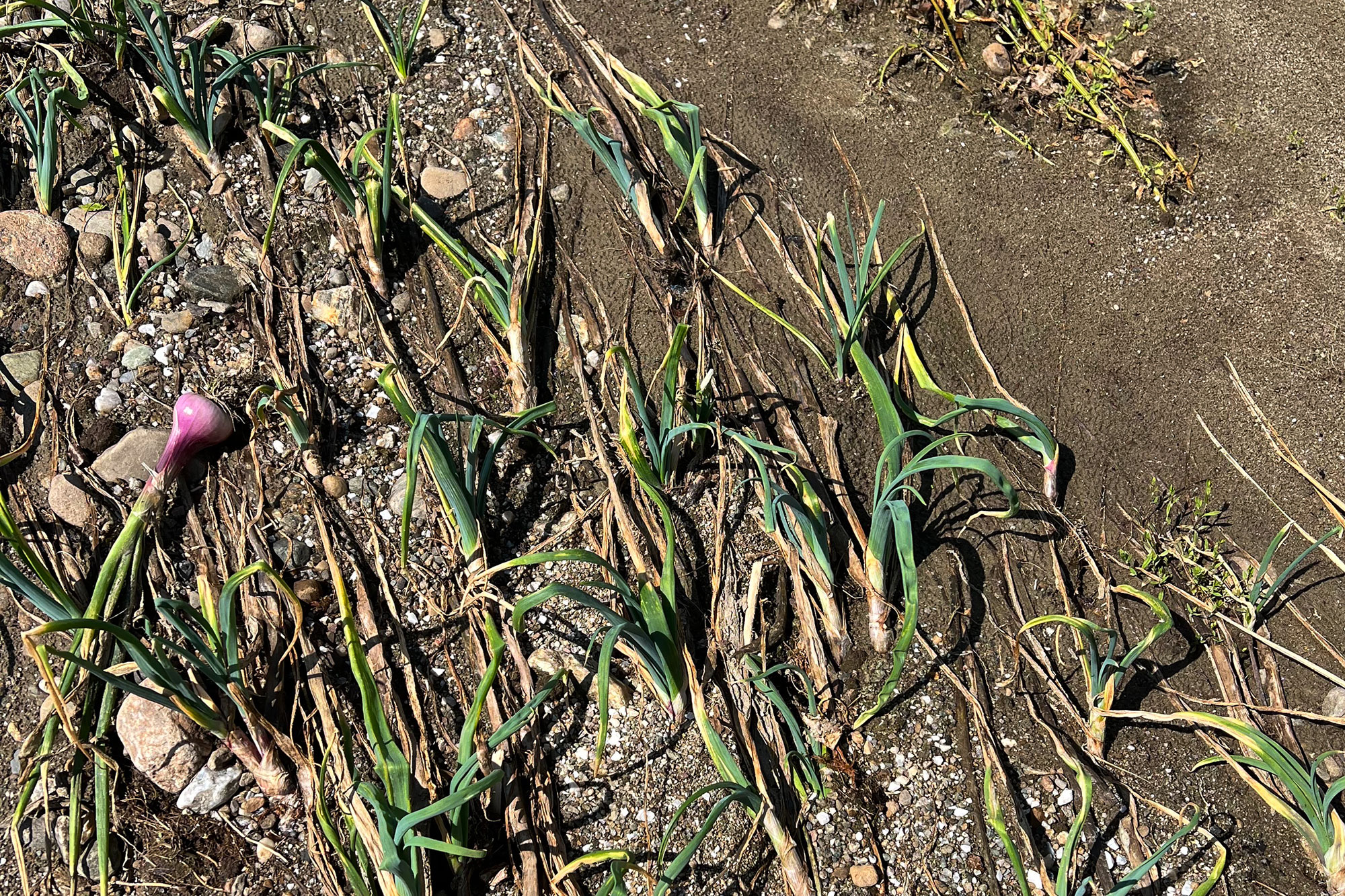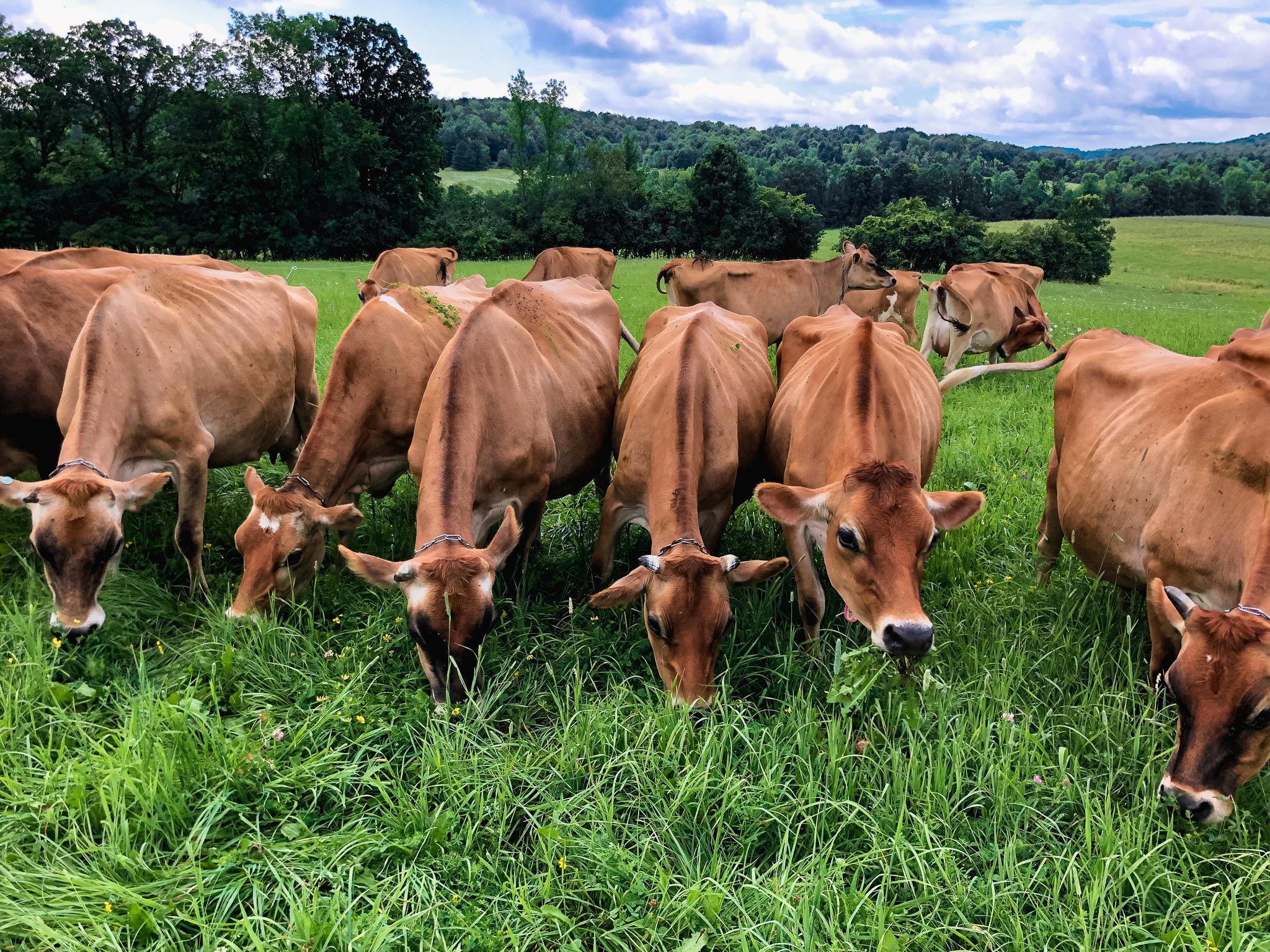During the early COVID-19 pandemic, bare grocery shelves laid plain the brittleness of the industrialized, consolidated food system. And in the years since, the compounding crises of flooding and other climate-fueled emergencies along with historic inflation have left increasing numbers of Vermonters hungry and farmers struggling to stay in business. We’ve had enough disruption in the food system and understand that we need to collectively take bold action now.

The 2021-2030 Vermont Agriculture & Food System Strategic Plan called for the development of “a Vermont food security plan, centered around a thriving food system and inspired by community-based responses to food insecurity and disruptive events.” The new Vermont Food Security Roadmap to 2035, released earlier this year, is the result of a yearslong intensive process led by a coalition of food access, farming, and community organizations that engaged the voices, ideas, and experience of hundreds of Vermonters along the way, outlining bold actions we can collectively take to achieve big results for our state. NOFA-VT was one of the core organizations leading the development of this plan and we participated in its development by hosting focus groups with farmers, reviewing and integrating hundreds of suggestions and ideas from community interest holders, and serving on the team tasked with drafting the language in the plan.

The Roadmap guides our way to a future where all Vermonters will be food secure. It lays out a set of strategies that will lead us to a future in which everyone has the food they need, local farming remains viable, and resilience in a changing climate is planned for with intention. The United Nations defines food security as “when all people, at all times, have physical, social, and economic access to sufficient, safe, and nutritious food that meets their dietary needs and food preferences for an active and healthy life.” The Roadmap further clarifies that “equitable food security for Vermonters is entwined with strengthening Vermont agriculture so that we have a secure, reliable, and resilient food supply in times of emergency.” Alongside complementary federal initiatives, the Roadmap focuses on effective strategies that Vermont communities, farms, and legislators have the agency and power to execute — and that address root causes rather than applying Band-Aids.

The plan centers the reality that Vermont’s food security depends fundamentally on a viable agricultural sector. Last summer, many farmers lost their whole crop to a combination of late frosts and record flooding. This summer, many of those same farms were faced with comparable losses in a series of floods impacting central and northern Vermont. In the face of a changing and erratic climate, federal risk management programs did not serve Vermont’s farmers well, leaving them wondering how, or if, they would be able to continue to produce food while protecting Vermont’s working landscape and contributing to their community’s food security.
We need our local farmers to be able to continue growing the food we need here in Vermont. In the face of inadequate federal risk management programs, one objective in the Roadmap directs the state to “create a Vermont farm emergency fund and other innovative funding mechanisms to provide immediate support to Vermont farms following extreme weather events. Rapid, easily accessible funding supports can make the difference between business survival and failure when climate change-related events occur.” We must support our farmers, ensuring that they can recover from disasters and continue growing the food we all need and want. Our small-scale, diversified, and organic farmers graze animals, plant perennials and cover crops, and maintain highly diversified crops to support biodiversity, build topsoil, soak up carbon, and help mitigate future climate catastrophes, all while providing nourishing food and vital food security.
We also need to ensure that everyone in Vermont has access to the food our hardworking farmers produce. Another objective in the Roadmap seeks to “ensure consistent, dignified access to nourishing, adequate, culturally responsive food, today and in the future.” Our food security programs, Crop Cash and Farm Share, are proven and effective tools to provide dignified support to limited-income Vermonters to purchase healthy, fresh, local, and organic food while ensuring that our farms are paid a fair market price for their food. In these innovative programs, every dollar lifts twice its weight: providing food assistance for limited-income Vermonters and the same exact value in critical revenue for Vermont farms.
Since the onset of the pandemic, demand for these programs has grown rapidly and remained elevated, paralleling high, sustained food insecurity rates. Our farms deeply value these programs as well and increasingly view them as important pillars of their farm viability. This year, we secured a one-time appropriation of $300,000 from the Vermont Legislature to support these win-win programs–but we know that the historic levels of food insecurity, which drives demand for Crop Cash and Farm Share, will not be erased within the confines of the fiscal year. We need to increase the funding for these critical programs and convert this one-time investment into annual base funding in the State’s budget.
So, as we begin traveling the path laid out in the Roadmap toward true, durable food security, we are preparing to launch two strategic campaigns in the coming Legislative biennium. We will be working to build power, develop leaders, and win two key policy changes related to the entangled crises of food insecurity and climate change:
- We are building a farmer-led coalition to establish a permanent State-funded farm emergency relief program so that farms can recover from and be protected against future climate events, like the ones we have become all too familiar with in recent years.
- We are calling upon the Legislature to increase its investment in our innovative and critical Crop Cash and Farm Share programs and to affirm their commitment to supporting these programs annually, at least until we have implemented the other key strategies of the Roadmap and they are no longer needed.
Together, these campaigns will represent an important investment in resilience for our farms and increased food security for our neighbors. Please let us know if you are interested in joining a meeting in your community or taking action during the upcoming biennium in support of these efforts.

